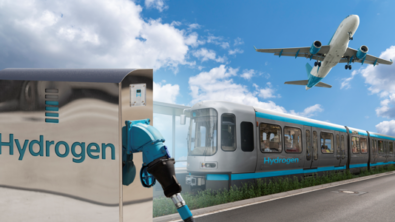[Event] Electric and Hybrid Marine World Expo

Offshore supply vessels (OSV) are workhorses of offshore industry, cruising to carry equipment, supplies, and personnel to offshore rigs.

The loading profiles of OSV vary between
- long transits at cruising speed,
- dynamic positioning and short journeys between offshore installations
- widely varying electrical loads that can match or exceed the drive power demands.
The load profile of each OSV provides a unique opportunity to adapt the electrical and drive power generation to optimize efficiency for its specific anticipated usage.
System level simulation is particularly relevant for OSVs where propulsion and electrical loads can vary rapidly, and the interaction between these loads and the propulsion system have a strong effect on the overall fuel efficiency of the vessel. Furthermore, it is advantageous to optimize a vessel not only for a cruise speed and average/maximum electrical load, but for an entire load profile over time to capture the time dependence of certain components such as batteries and dynamic engine responses.
 Simcenter Amesim model for Marine application
Simcenter Amesim model for Marine application
A holistic view of the fully connected system is the most natural approach to ship efficiency optimization, where internal combustion engines, electrical machines and loads, vessel resistance, propeller properties and the anticipated load profile all interact to govern the fuel consumption and pollutant emissions.
You’re curious to better know about the use of system simulation for that propulsion architecture assessment? If you are joining the Electric & Hybrid Marine World Expo 2019, attend Romain Nicolas session on that who will explain how constant and rapidly varying stationary electrical and speed profiles are used to evaluate the architectures under ideal see conditions before they are compared using six-day load scenarios.
You do not attend the conference but are still interested in learning more about our solution?
- Watch that video Simcenter solutions for Marine Performance Engineering
- Browse our webpage
- Other articles on the same topic system simulation for shipbuilding


